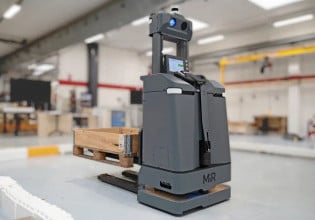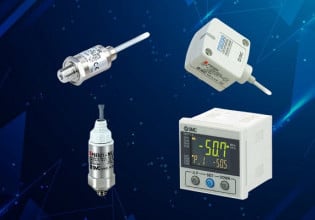J
Dear
I'm working at petro-chemical process. We monitor reactor temperature using thermocouple 'k' type.
It monitor the temperature of reactor inside which are normally 400 degC. Under normal operation, the movement of temperature signal range is very narrow.
But when it rains, temperature values are increase around 2 degC. When rain stopped, the value is return (decrease) to its normal temperature slowly.
There are 20 thermocouples at reactor.
But, above strange phenomenons are occurred randomly.
(Anyway, temperature increase always at some T/C when it rains)
For example, at one rainy days T/C A,C,F,L showed temperature increasing, but other rainy days T/C A,G,R,V showed temperature increasing.
I've checked wiring and connection already to find out no problem.
What can cause this strange thing ?
Hope your sharing ideas.
I'm working at petro-chemical process. We monitor reactor temperature using thermocouple 'k' type.
It monitor the temperature of reactor inside which are normally 400 degC. Under normal operation, the movement of temperature signal range is very narrow.
But when it rains, temperature values are increase around 2 degC. When rain stopped, the value is return (decrease) to its normal temperature slowly.
There are 20 thermocouples at reactor.
But, above strange phenomenons are occurred randomly.
(Anyway, temperature increase always at some T/C when it rains)
For example, at one rainy days T/C A,C,F,L showed temperature increasing, but other rainy days T/C A,G,R,V showed temperature increasing.
I've checked wiring and connection already to find out no problem.
What can cause this strange thing ?
Hope your sharing ideas.






